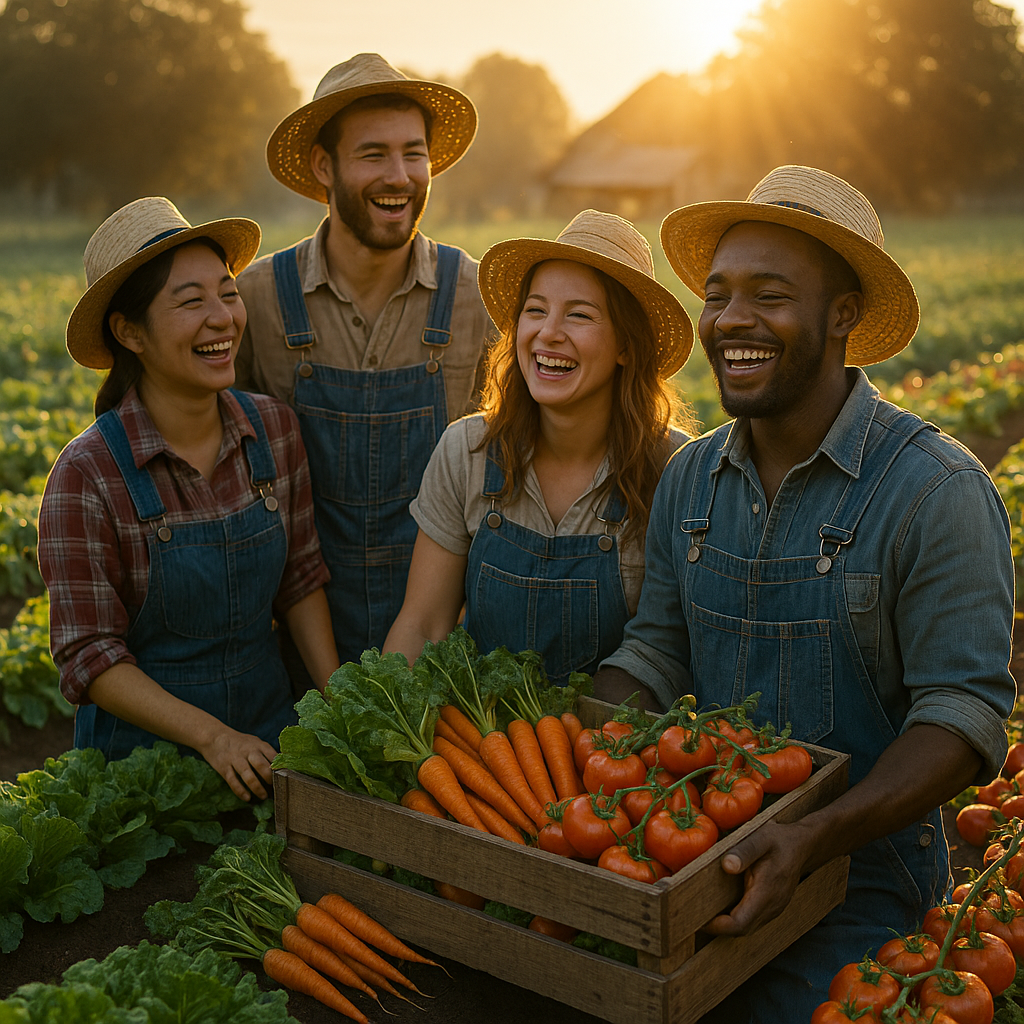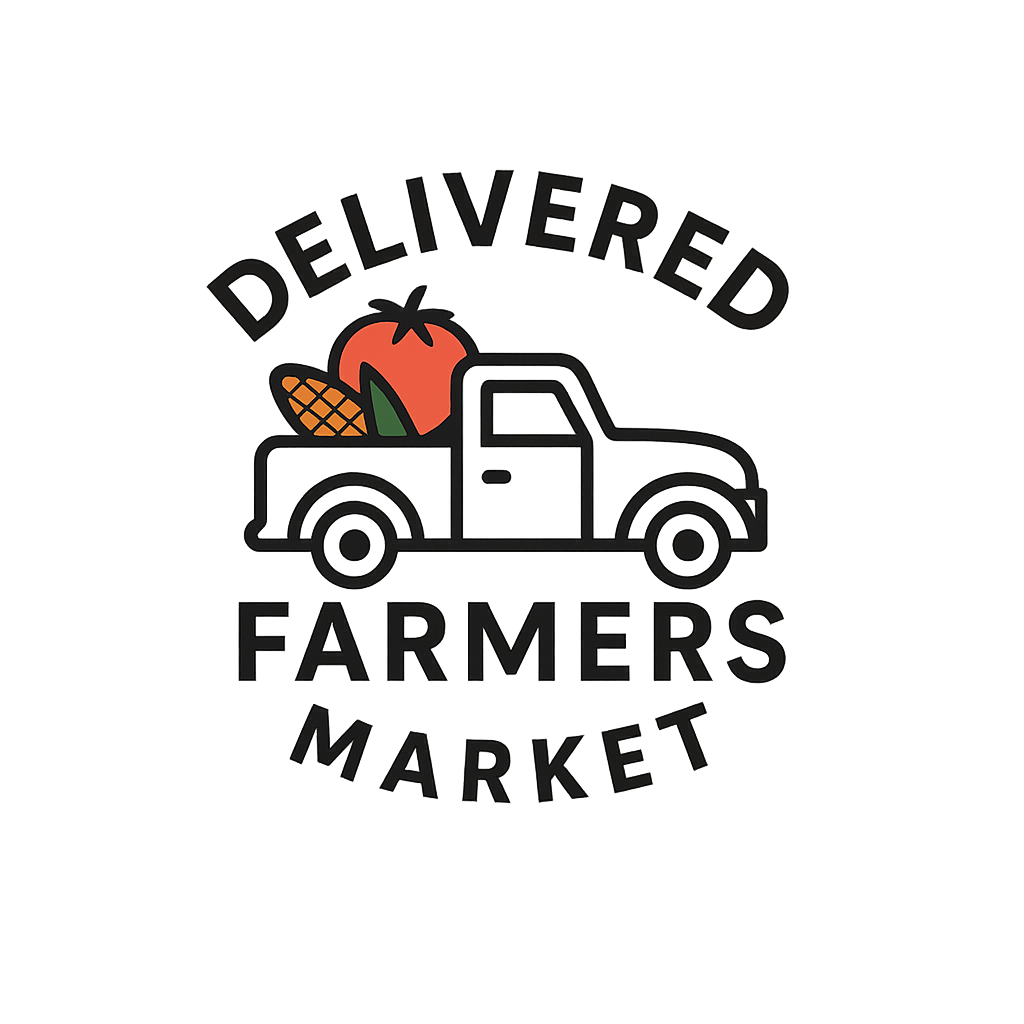Organic & Sustainable Farming Practices
Growing the Way Nature Intended: Our Organic & Regenerative Promise
At our garden, we grow food the slow, careful way—without synthetic chemicals, with deep respect for the land, and with the next generation in mind. Every bed we plant and every harvest we bring in is guided by one idea: healthy soil grows healthy food, and healthy food sustains healthy communities. That’s why we pair organic practices with a regenerative mindset—farming that doesn’t just avoid harm, but actively improves the ecosystem we depend on.
What “Organic” Means to Us
Organic isn’t a marketing word here; it’s a daily practice. We skip synthetic fertilizers, herbicides, and pesticides. Instead, we:
- Build fertility with compost, aged manures, and natural mineral amendments.
- Rotate crops to break pest and disease cycles and to balance nutrient demands.
- Use biological pest control—beneficial insects, trap crops, and habitat for natural predators—so we can protect plants without harming pollinators or waterways.
- Rely on mulches and flame or hand weeding to keep beds clean without chemical shortcuts.
The result is food you can feel good about feeding your family—grown with methods that protect farmworkers, wildlife, and water.

How We Practice Sustainability (and Go Beyond It)
Sustainability asks, “How do we use resources wisely?” Regenerative asks, “How do we give back more than we take?” We work toward both by:
- Feeding the soil first. Cover crops (clover, rye, vetch) keep living roots in the ground, prevent erosion, and add organic matter that holds water and nutrients.
- Minimizing disturbance. Reduced tillage protects soil structure and the microbial “underground city” that makes nutrients available to plants.
- Saving water. Drip irrigation, heavy mulching, and early-morning watering reduce evaporation; rain capture and on-farm storage help us ride out dry spells.
- Welcoming biodiversity. Hedgerows, flower strips, and mixed plantings create habitat for pollinators and beneficial insects—and make the farm hum with life.
- Closing loops. We compost crop residues, reuse packaging where possible, and choose materials that last, repairing instead of replacing.
These practices sequester carbon, improve water infiltration, and make our fields more resilient to heat, wind, and surprise storms.
Why It Matters
Soil is more than “dirt.” It’s a living community that fuels nutrient-dense food and buffers our climate. When we farm organically and regeneratively, we:
- Protect ecosystems—fewer chemicals mean cleaner air, healthier waterways, and safe habitat for birds, bees, and beneficials.
- Build long-term fertility—richer soil grows stronger plants, which means fewer pests, less waste, and better yields year after year.
- Support food security—resilient farms weather tough seasons and keep fresh food local, affordable, and available.
- Strengthen our community—local dollars stay local, and neighbors enjoy peak-season flavor at its best.
What We Grow (and Why It Tastes Better)
You’ll find a seasonal mix tuned to our soils and climate:
- Heirloom tomatoes bursting with flavor from compost-rich beds.
- Exotic and classic melons grown under pollinator-friendly borders for high sugar and perfume.
- Cucumbers, okra, and peppers that thrive with living mulches and drip irrigation.
- Stone fruit like plums and peaches from trees nurtured with compost teas and careful pruning for light and airflow.
- Pastured meats (e.g., Berkshire pork) raised with respect and integrated into our fertility plan through managed rotations.
Because our focus is soil health, you’ll notice produce that keeps longer, tastes fuller, and cooks beautifully—real flavor that starts underground.
How You Can Be Part of It
- Choose seasonal. Eat with the calendar for maximum flavor and minimum inputs.
- Ask questions. We love talking about varieties, seed sources, and how we grow.
- Compost at home. Returning scraps to the soil closes the loop on your plate.
- Support local. Every order helps us plant more cover crops, establish more habitat, and keep this land thriving for the long haul.
Growing food this way takes more time and intention—but we believe it’s the path to cleaner soil, healthier people, and a better planet. Thanks for supporting a farm that farms for the future.
Author: Courtney Wood
Share:

